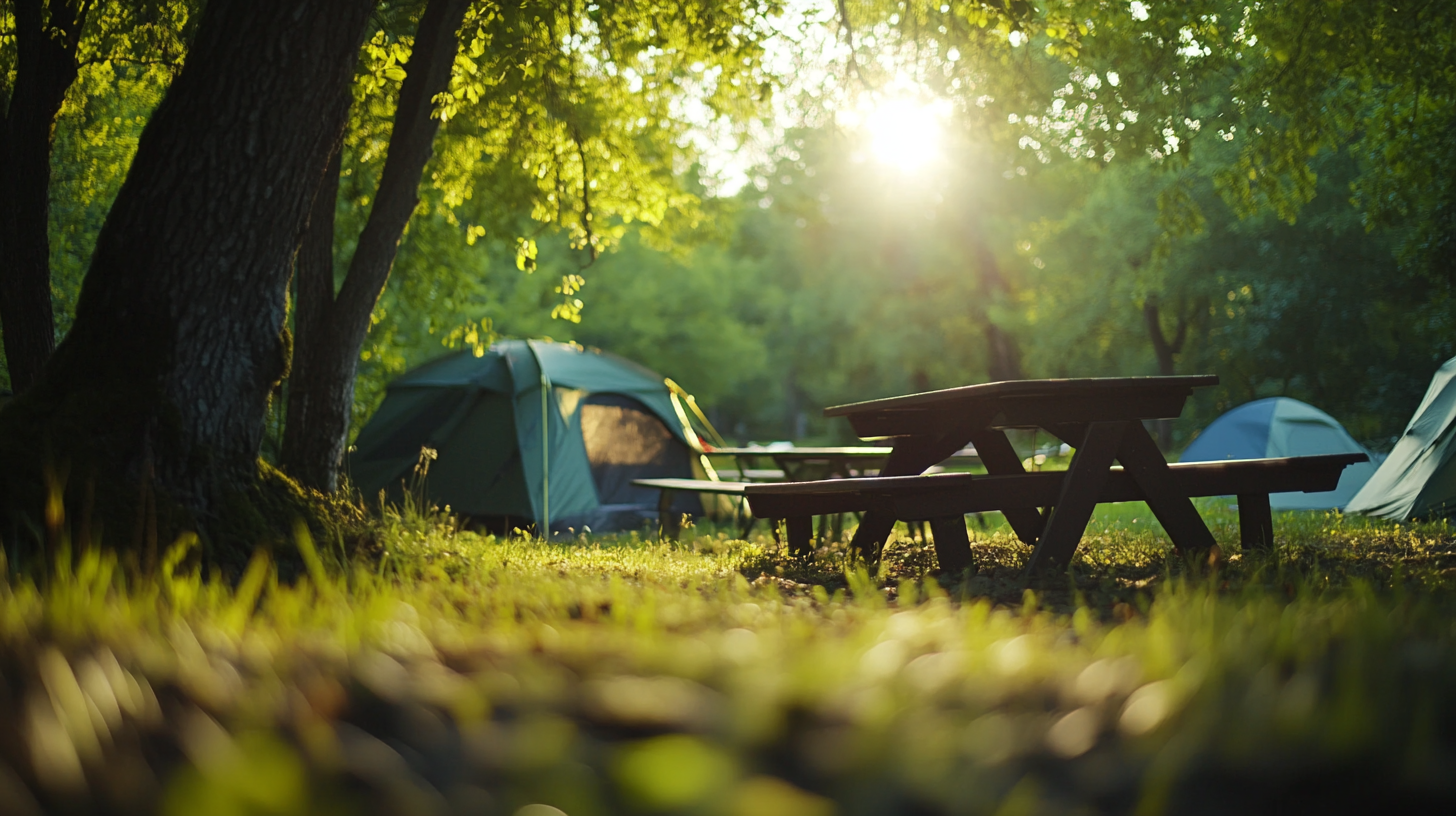Despite a $14.7 million reduction in its operating budget for the 2025-27 biennium, Washington State Parks reports that park visitors should not experience disruptions to staffing or services this summer.
The agency announced it has implemented cost-saving measures designed to avoid cuts that would affect public access or the visitor experience during its peak season.
“We were fairly fortunate in that we were able to make mostly non-staffing cuts to be able to stay within budget,” Sarah Fronk, a State Parks spokesperson, said.
The agency’s revised budget totals $257.6 million, according to an article published by Washington State Herald on July 4.
To stay within the new budget limits, it eliminated nine vacant positions and restricted discretionary spending, such as employee travel.
Fronk said the approach focused on preserving core park operations. “It’s really being extremely mindful of where we’re spending and what our priorities are,” she said.
The agency also faces increased pressure to generate its own revenue. State Parks must now cover 71% of its operating costs through Discover Pass sales and other user fees, up from 65%in the previous cycle.
As part of the shift toward greater self-funding, Discover Pass prices will increase from $30 to $45 on Oct. 1. The passes are required for motor vehicle access to Washington’s state parks and affiliated recreation lands.
Additional transaction fees may apply, including a $5 charge for online purchases.
The price hike, approved by lawmakers during the 2024 legislative session, marks the first adjustment to Discover Pass fees since their introduction nearly 14 years ago.
Fronk emphasized that revenue from these passes plays a critical role in maintaining the state’s outdoor recreation infrastructure.
“We’re really grateful to the Legislature for having our backs and kicking a little more revenue support our way,” Fronk said.
“With the Discover Pass, I really can’t reiterate enough that it really does go to support your state parks and the stewardship and recreation work that we’re doing,” Fronk added.
Washington State Parks oversees 123 developed parks, more than 6,000 campsites, 800 historic structures, and roughly 1,300 miles of trails.


